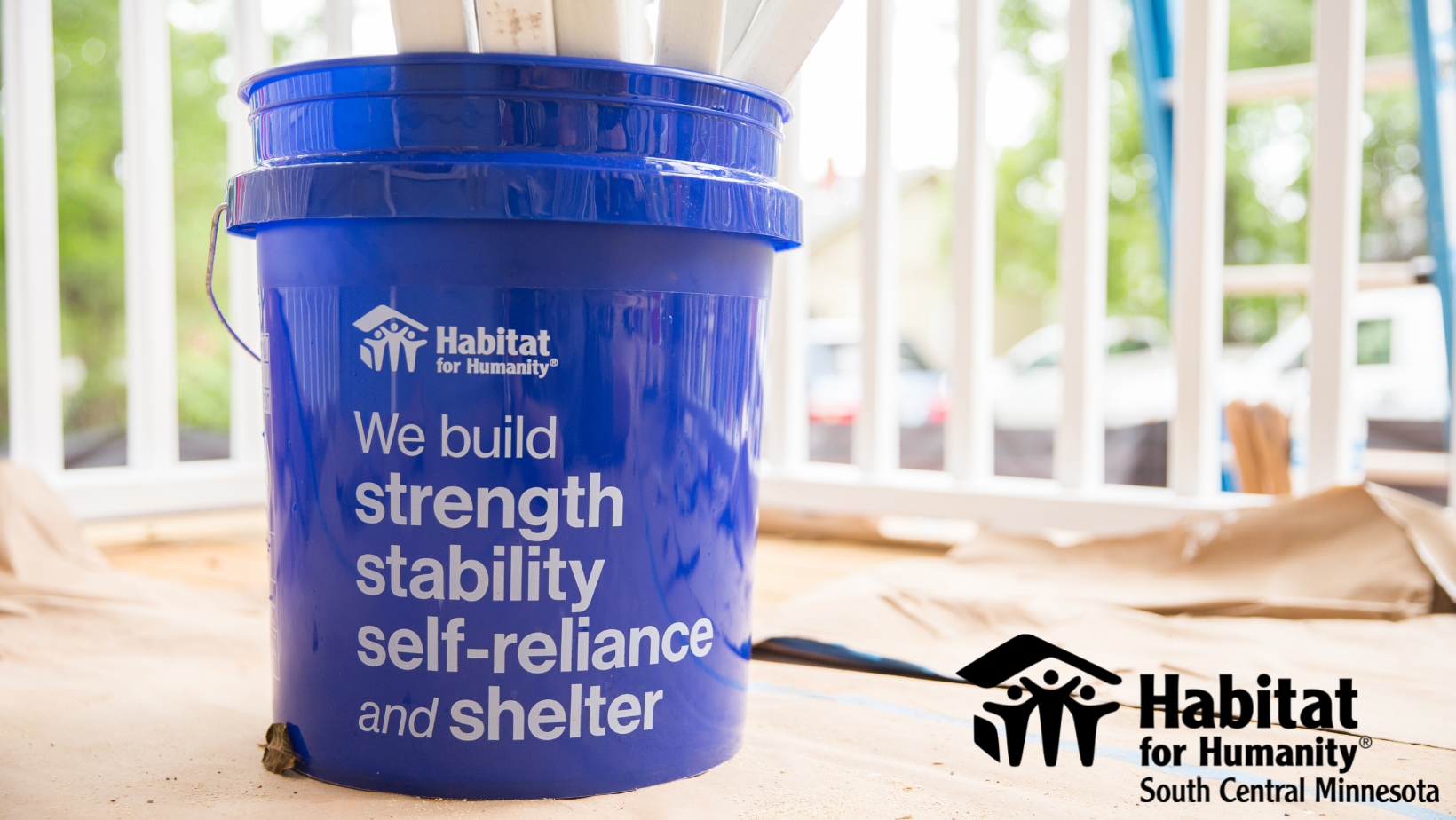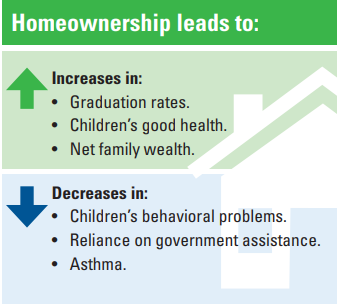
Why Habitat
Habitat impacts every area of a family’s life—health, safety, education outcomes, and financial opportunity. And the impact grows with each generation.
The Need
In Habitat for Humanity South Central Minnesota five county service area, in order to afford* a 2 bedroom at fair market rent value of $880, a wage earner will have to earn $16.92 an hour. The average renter in the service area makes $11.84 an hour.
In the five county service area, 39% of renting households spend more than 30% of income on rent and utilities whereas only 17% of homeowners will pay more than 30% of income on mortgage and utilities making homeownership a more affordable option for households. The Mankato/North Mankato area and Le Sueur county are third and fifth respectively the least affordable areas in Minnesota.
Minnesota is currently experiencing a significant affordable housing shortage. There is a significant gap between households and affordable rental units. With the rising cost of property value, it can make first time homeownership difficult to attain.
The waitlist for section 8 in Minnesota can be anywhere between a year to ten leaving families with difficult decisions. Habitat for Humanity, not only serving low-income families, serves families in the gap between qualify for low-income benefits and being able to afford homeownership without assistance.
*Affordability is commonly based on spending no more than 30% of income on rent or mortgage and utilities.
Our Impact

Housing has a positive impact on children: Children of homeowners are 11% more likely to graduate from high school and increases the probability of attending college by 14%. Homeownership increases test scores in math and reading for children. Children of homeowners are more likely to achieve higher levels of education, income, and their own homeownership.
Housing improves health: Affordable housing can improve mental health by lowering stress and physical health by freeing up resources for necessities and treatments. Safe housing can prevent disease, limit exposures to molds, toxins, and excessive dust therefore improving mental and physical health of adults and children.
Housing strengthens communities: Homeowners are more likely to vote in local elections and 1.3 times more likely to be involved in a civic group than renters. Homeownership benefits local economy by increasing consumer spending, increasing tax revenues, and growing businesses and jobs.
Homeownership builds wealth: Owning a home is an important means of wealth accumulation. Home equity represents a larger share of net wealth for low income households. Each year, homeownership tends to associate with an additional $9,500 in net wealth. Homeownership increases intergenerational wealth through improved educational achievement in children and inheritance.
